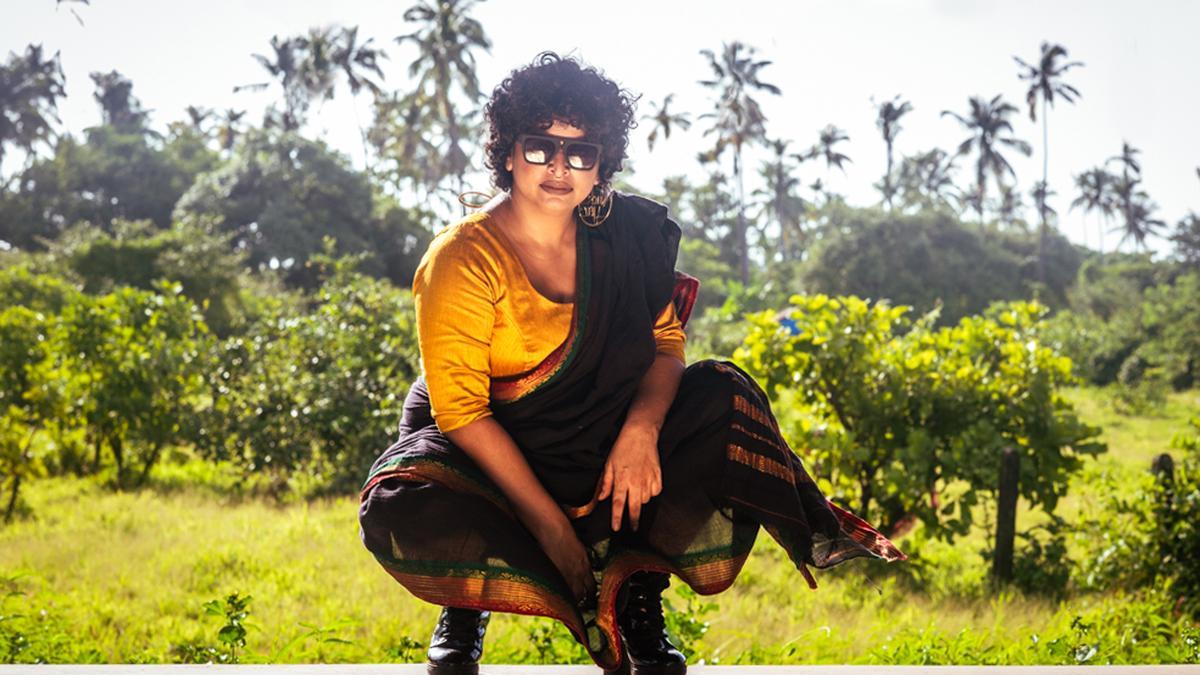
In the wake of Mimi, which delved into the complexities of surrogacy and earned Kriti Sanon a National Award for her portrayal, one might anticipate that the upcoming film Dukaan, under the direction of the duo Siddharth-Garima, could retread familiar cinematic territory. However, Siddharth Singh and Garima Wahal, known for penning notable scripts such as Ram-Leela (2013) and Toilet: Ek Prem Katha (2017), are setting the record straight, declaring that their latest project will offer a fresh perspective on the theme of surrogacy.
Unlike Mimi’s more glamorous approach, Dukaan promises to give viewers an unvarnished look at the business of surrogacy and delve deeply into the crucial conversation about a woman’s autonomy over her own body. As Siddharth confides, “We were initially anxious that Mimi’s handling of surrogacy might overshadow our venture. But as we delved into it, we realized that commercial surrogacy—the crux of our plot—hadn’t been explored in Mimi.”
Dukaan stars Monika Panwar and Sikandar Kher and sets itself apart by engaging directly with the nuances of surrogacy as a trade. The film scrutinizes the Indian government’s proposed ban on surrogacy, invariably politicizing a woman’s right to choose what she does with her body. Siddharth elaborates on the core theme: “Should the commercial aspect be regulated, removing the womb from a woman’s agency? This isn’t a matter taken lightly by those whose livelihoods are transformed by engaging in surrogacy.”
Siddharth and Garima bring to bear their seasoned experience in storytelling that marries social issues with drama, ensuring that Dukaan is not merely another commercial flick. Garima points out that even with multiple films on the same subject—citing examples of multiple Bhagat Singh biopics—it’s the treatment of the subject that marks the difference. “We have a horde of love stories releasing every year, yet each finds its audience. What sets them apart is how the story is presented,” she explains.
In preparation for their project, intensive research was undertaken. This involved candid conversations with women who have been surrogates. The film will showcase the realities of this profession, often misunderstood and subject to prejudice.
To foster a connection between the film’s narrative and real testimonies, a special screening is scheduled for April 3, exclusively for a group of 100 women from Gujarat who have shared their surrogate journeys with the filmmakers. Garima hopes that seeing Dukaan will resonate deeply with these women, mirroring their own experiences and struggles.
Dukaan is not just a film; it is a movement sparking conversation about women’s reproductive rights and the implications of commercial surrogacy. It hurls into the spotlight questions about who gets to decide what a woman does with her body—a debate that society continues to grapple with.
Furthermore, the film serves as an artistic tribute to the resilience and determination of women who opt for surrogacy, often driven by economic need. The narrative does not just revolve around the act of surrogacy itself but delves into the societal, financial, and emotional layers that accompany it.
Garima attributes their confidence in Dukaan’s originality to a deep-rooted belief that every story deserves its own space, as long as it’s told with sincerity and from a fresh angle. As creators, they aim not only to entertain but to enlighten and empower, challenging viewers to rethink and reflect.
In this light, Dukaan is set to emerge as both a cinematic and cultural commentary, an exploration of women’s rights, and an examination of the intersections between government policy, society’s norms, and individual autonomy. It’s a film that promises to provoke thought, stir hearts, and perhaps even foster change—in how surrogacy is perceived and in the broader discourse of women’s bodily autonomy.










